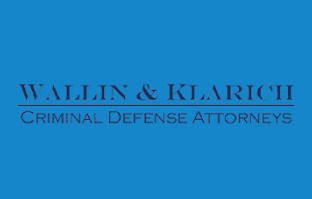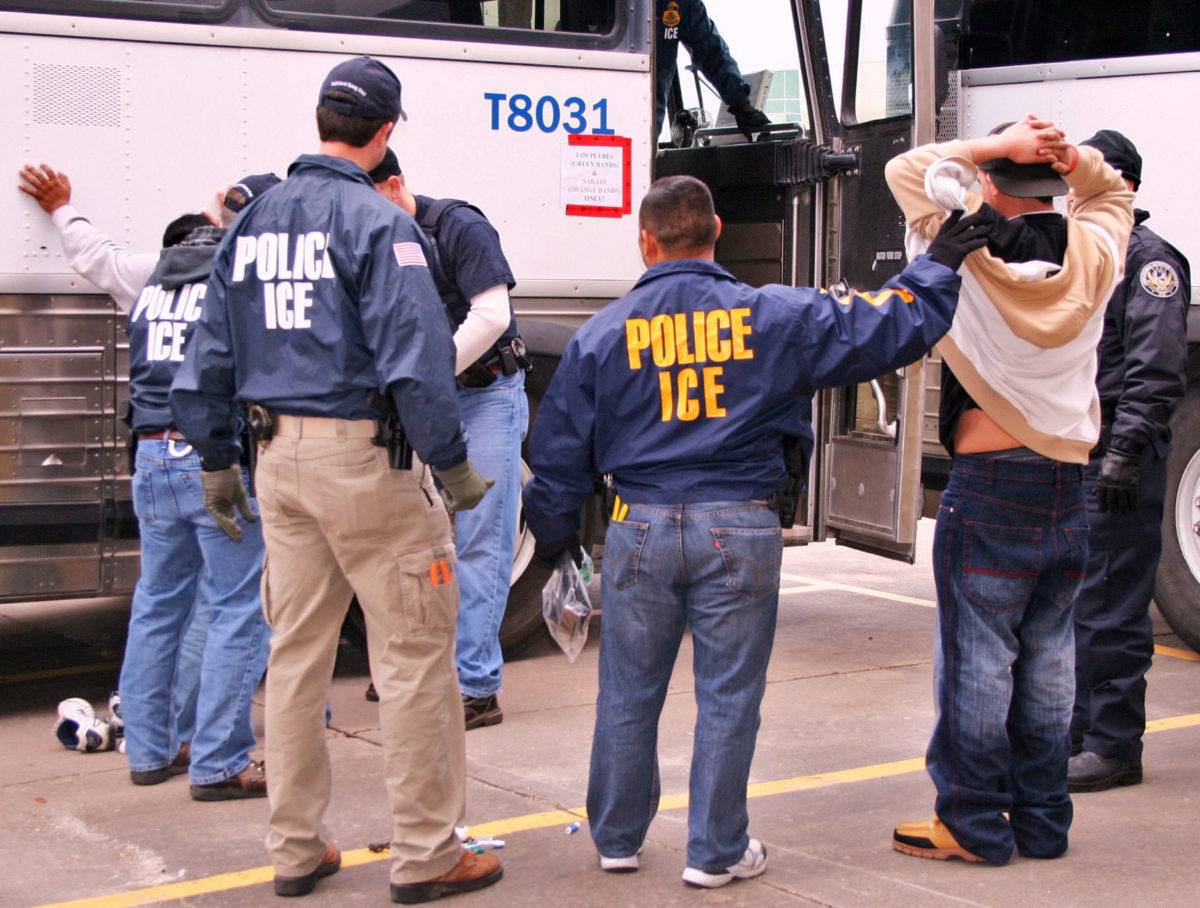California’s Fresh Start Act Makes Expungement Easier
Beginning on January 1, 2023, Senator Scott Wiener’s Senate Bill 1106 was signed into law. SB 1106, otherwise known as the Fresh Start Act, helps individuals clear their criminal records by removing outstanding restitution and restitution fines as a barrier to expungement. Continue reading to see if you may be eligible for expungement under this new law, and contact our attorneys at Wallin & Klarich to see how we can help.
What Is Restitution?
Essentially, restitution is compensation for loss or injury that is ordered as part of a criminal sentence. There are generally two types of restitution payments that are required when you are convicted of a crime. First, you must pay a restitution fine, which is a fixed amount charged to all individuals with convictions regardless of the crime and its outcome. In addition, the court may order you to pay restitution directly to the victim of the crime for which you were convicted. When added together, these two types of restitution payments can be a very large financial burden that the defendant may never be able to repay.
What Is Expungement?
Expungement is the legal process by which a record of your criminal conviction is destroyed or sealed. If you successfully file for expungement, you will no longer face the negative consequences stemming from your prior conviction. However, prior to this new law going into effect, courts would often deny a person’s expungement request if he or she had any outstanding unpaid restitution, even if the person was otherwise eligible to receive the expungement. Unfortunately, courts do not often consider your ability to pay when determining restitution. This means that even if you are living in poverty, courts could still deny your request for an expungement.
SB 1106: Fresh Start Act
In California, many people are currently denied expungement because they cannot afford to pay their outstanding restitution fines. This then holds back poor people from clearing their records and finding a job and housing, further exacerbating the cycle of poverty and criminalization of marginalized communities. Additionally, this means that victims of a crime receive little to no actual restitution because defendants lack the resources to pay it. The barrier to expungement actually does not increase the likelihood that someone will pay off their restitution. In fact, preventing someone from clearing their criminal record makes it even less likely that they’ll ever be in a stable enough financial position to pay court-ordered restitution.
The Fresh Start Act seeks to end this cycle. Under SB 1106, individuals who have served their time and are otherwise eligible for expungement will be able to clear their criminal records even if they still owe restitution payments. It is important to note that SB 1106 does not cancel one’s restitution debts. Rather, it allows individuals to clear their records and gain employment despite their outstanding restitution. According to a study by Stanford University, the estimated benefits of expungement outweigh costs by about $6,500 per person. SB 1106 provides another step towards criminal justice reform by allowing those with prior convictions a chance to move forward in life despite being too poor to pay restitution.
Contact Wallin & Klarich Today
If you or your loved one is unable to file for expungement due to outstanding restitution, contact Wallin & Klarich as soon as possible to see how we can help. At Wallin & Klarich, we stay up to date with the most recent legal developments so that we can better assist you. With 40+ years of experience, our attorneys have helped thousands of clients successfully achieve expungement, and we have the skills and resources to help you clear your record and have a second chance at life.
With offices in Orange County, Riverside, San Bernardino, Victorville, Torrance, West Covina, Los Angeles, and San Diego, you are sure to find an available and convenient attorney near you.
Discover how our team can assist you. Contact us today, toll-free at (877) 4-NO-JAIL or (877) 466-5245 for a free consultation with a skilled defense attorney.


![Your Good Conduct in Custody Can Now Satisfy “Honest and Upright Life” Requirement for Expungements [Penal Code section 1203.4a(a)]](https://www.wklaw.com/wp-content/uploads/2020/02/Capture6.jpg)
